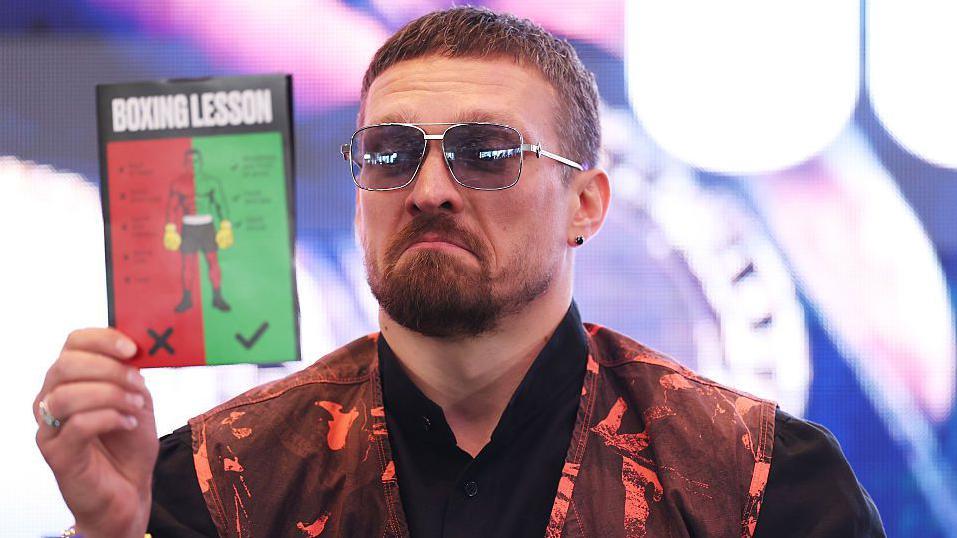 Image source, Getty Images
Image source, Getty Images
Oleksandr Usyk is undefeated in 23 fights as a professional
Bobbie Jackson
BBC Sport at Wembley
Oleksandr Usyk v Daniel Dubois 2
Venue: Wembley Stadium, London Date: Saturday, 19 July
Coverage: Listen on BBC Radio 5 Live and BBC Sounds, follow live text commentary from 20:00 BST on Saturday, 19 July on BBC Sport website and app.
Unified heavyweight champion Oleksandr Usyk leaves no stone unturned in his pursuit of greatness.
The route to the pinnacle of pugilism is treacherous and littered with obstacles.
Many have tried and failed to reach the mountain top but Usyk, 38, has climbed to the peak, set up camp and isn't willing to vacate his spot any time soon.
Usyk's latest challenge comes in the shape of IBF title-holder Daniel Dubois at Wembley Stadium on Saturday.
For some, training camps focus on strength and conditioning. Others believe nutrition is key, while Team Usyk make the physiological and psychological side of the game a top priority.
WBA (Super), WBO and WBC champion Usyk has been combining cognitive and physical training to prepare for his rematch with Dubois.
"We create the optimal psychological environment for cognitive exercise," Jakub Chycki, who is Usyk's physiologist, told BBC Sport.
"We combine the air bike with a memory exercise. Sometimes we use lights for this task and sometimes we combine with hand-eye coordination or juggling."
BBC Sport travelled to Spain to watch Usyk's training regime and speak to his inner circle about what makes him tick.
'We know everything about Usyk's physiology'
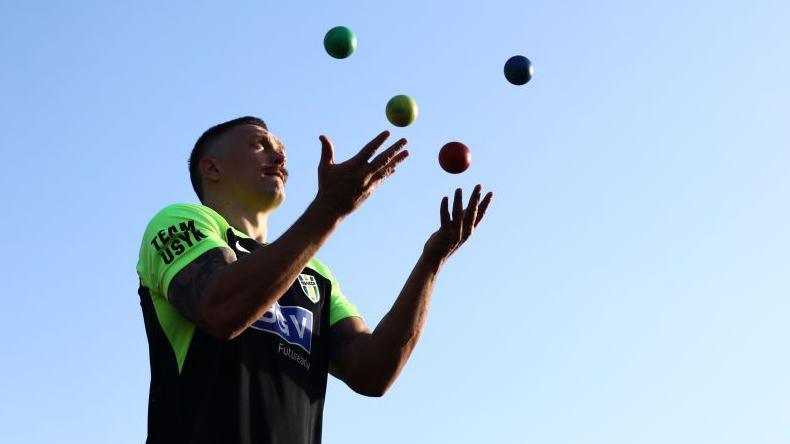 Image source, Getty Images
Image source, Getty Images
Usyk is often seen showing off his juggling skills
The reward for a second win over Briton Dubois is a place in a very elite club as a two-time undisputed heavyweight champion.
Only George Foreman, Evander Holyfield, Lennox Lewis and Muhammad Ali have achieved that feat, but Usyk will be the first to do it in the four-belt era if he is successful.
Usyk is no stranger to facing an opponent for a second time - he has twice beaten Tyson Fury and Anthony Joshua - but his preparations never centre around the opponent.
Instead, Usyk is put under immense physical fatigue before being tasked with mental tests to strengthen his ability to think on the spot when he's in the ring.
During tough physical workouts, Usyk is asked to solve a Schulte table, which is a grid filled with numbers or letters that need to be ordered into a specific sequence.
Another task is juggling balls with the purpose of keeping his mind focused as he recovers from a period of cardio training.
"We know everything about Usyk's physiology and how his body works under different stresses," Chycki added.
"We know how we should read his signals and symptoms. We didn't change anything.
"We have a round table every Saturday and look at what we've done and what needs to change. We don't change to the opponents' strategy."
One of the major health risks concerned with boxing is chronic traumatic encephalopathy (CTE) - a brain condition linked to repeated blows to the head and concussion. CTE leads to dementia and can only be diagnosed post-mortem.
Chycki suggested one of the reasons they monitor Usyk and do cognitive training is to help with the "prevention of brain injury".
But Dr Thom Wilcockson, a senior lecturer of psychology at Loughborough University, says the scientific evidence is not strong enough to suggest cognitive training prevents CTE.
"It would add a robustness against fatigue induced cognitive decline but not necessarily the long-term effects that CTE could cause," he said.
"It would give Usyk a larger cognitive reserve which might help mitigate other types of dementia like Alzheimer's disease."
Usyk is a trailblazer in many ways - he was the first man to become undisputed at heavyweight in the four-belt era - but his training methods aren't unique, resembling those of compatriot Vasiliy Lomachenko.
They employ alternative and unorthodox techniques in the gym.
Lomachenko showed cat-like reflexes by catching four coins, one at a time in a single movement, after flicking them into the air off his forearm.
Usyk went one better in December 2024, performing the trick with both arms simultaneously.
On the surface it may seem like a party trick, but there is something deeper to it.
"With boxing there is a very clear relationship between having a fast reaction time and performance," Dr Wilcockson said.
"Reaction-time training is really beneficial for boxing and training of reaction time would then refine the decision-based reactions, alongside the ability to adapt to strategies and changing situations."
Affording time to build a strong cognitive base and improve reactions has freed up mental capacity for Usyk to reassign to what he does best - download data.
Usyk is one of boxing's great problem-solvers. He often grows into a fight as his opponent begins to fatigue.
During both Fury fights, Usyk was behind on all three judges' scorecards after round seven but won via a decision.
"By training the brain to perform cognitive tasks under physical exertion, Usyk is building up this resilience against degradation and ensuring he is able to make smart decisions," Dr Wilcockson said.
Fighters and their 'steel armour'
But the boxing community is far from unified on the benefits of cognitive training.
"If you made a list of potential contributory factors to success in boxing, you'd probably be writing the list for about a week until you got to the cognitive benefits," said Alan Ruddock, associate professor of sport physiology and performance at Sheffield Hallam.
"It's impossible to say that it is the thing that sways the fight."
Ruddock co-founded Sheffield-based company Boxing Science in 2014 and has created training programmes for former world champions Kell Brook, Nicola Adams and more recently Joshua.
Those one-to-one sessions focus on several areas, including nutrition and strength and condition, but rarely do fighters get in touch for cognitive training.
"We've always had resistance against physiology and psychology," Ruddock added.
"It's probably because they create this steel armour around them. It's like they make that psychological element almost impenetrable and they don't want to break it down."
Usyk, though, has embraced the psychological side of the sport to complement the other areas of his game.
"The answer is simple," Chycki said when asked why he believes Usyk will beat Dubois.
"He is a better boxer, he has better technical skills and has a strong mind."

 4 months ago
59
4 months ago
59
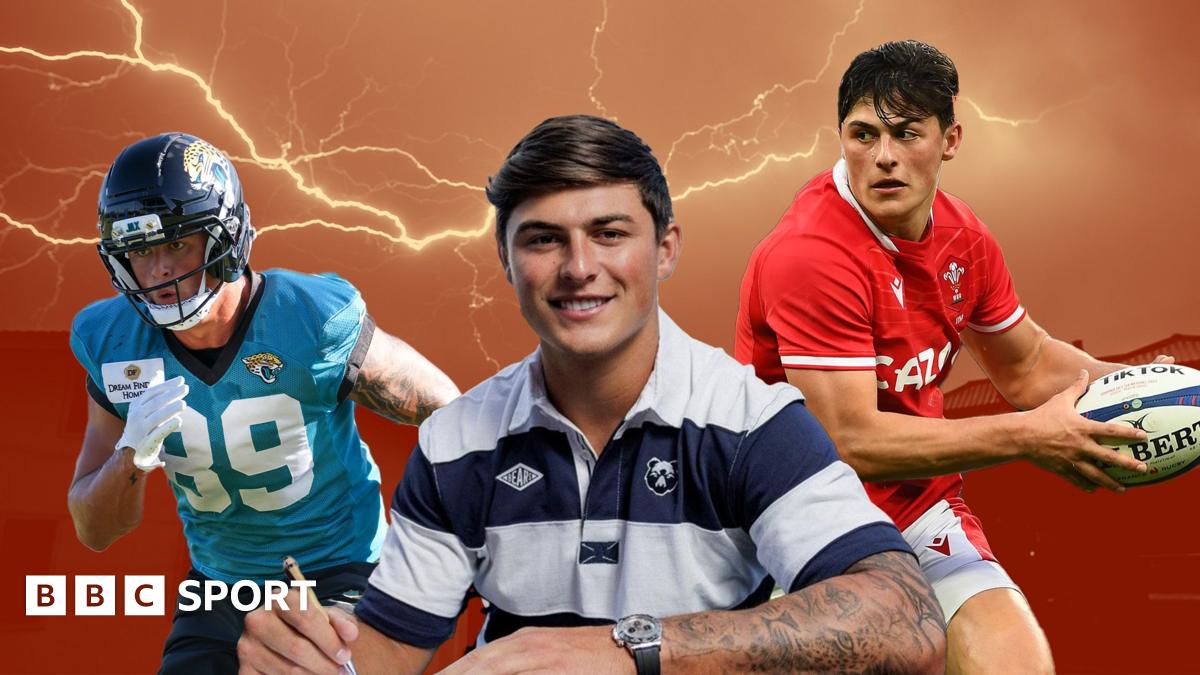
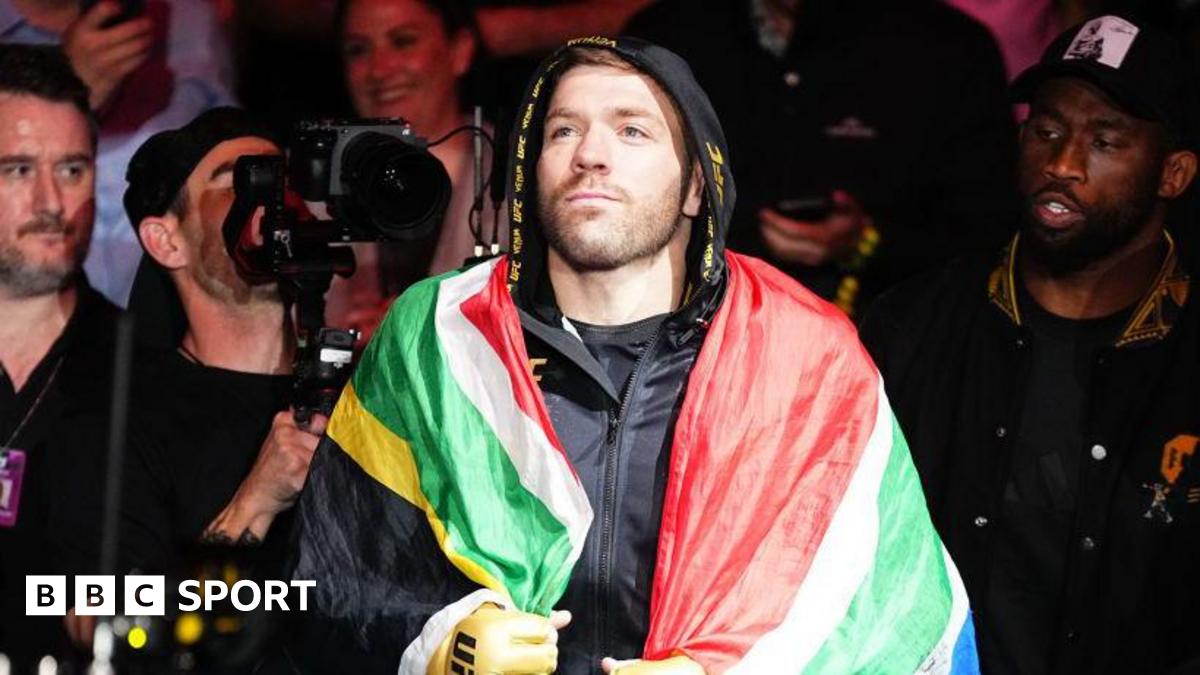


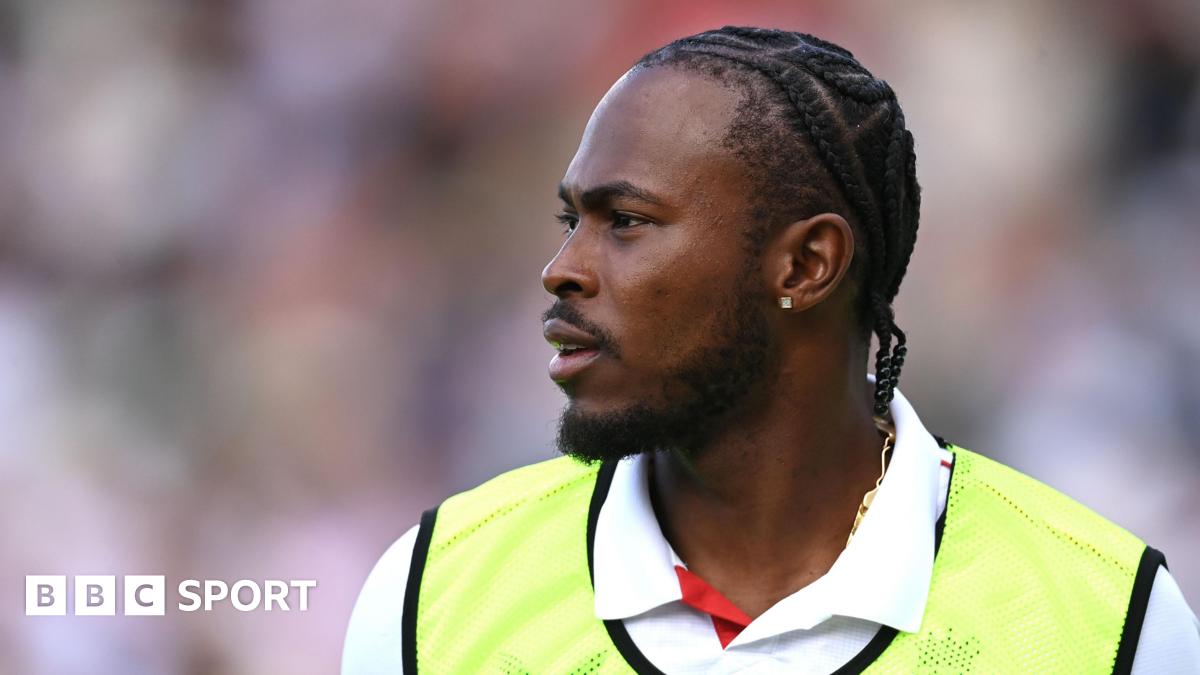
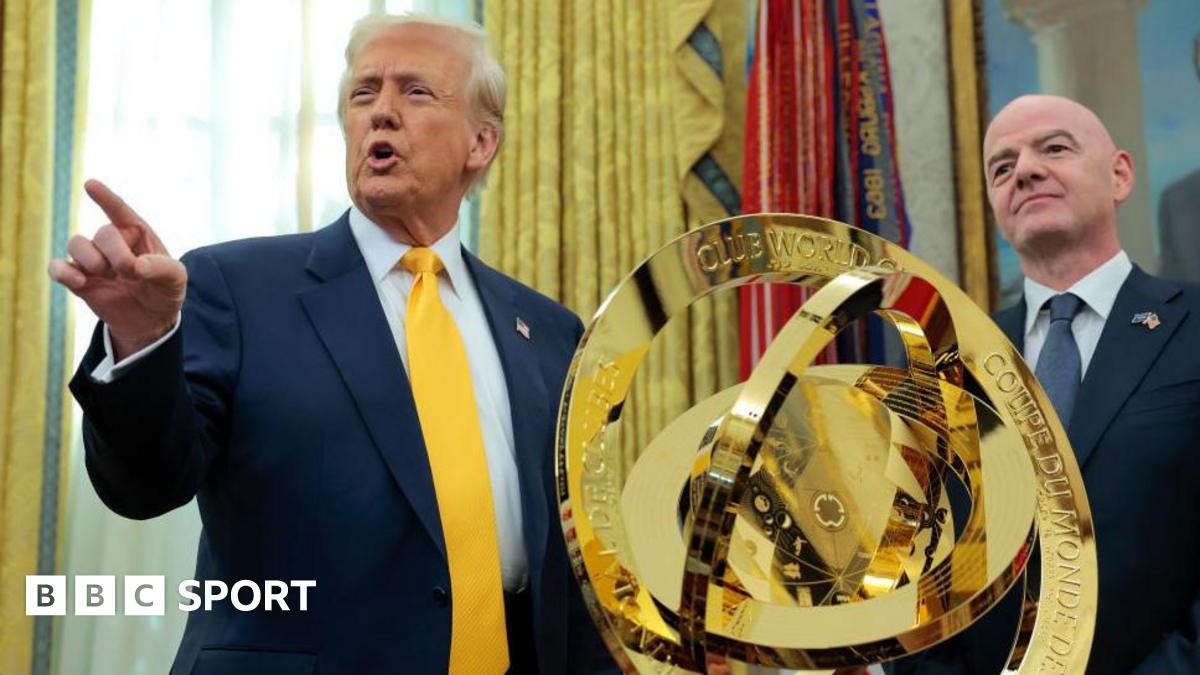
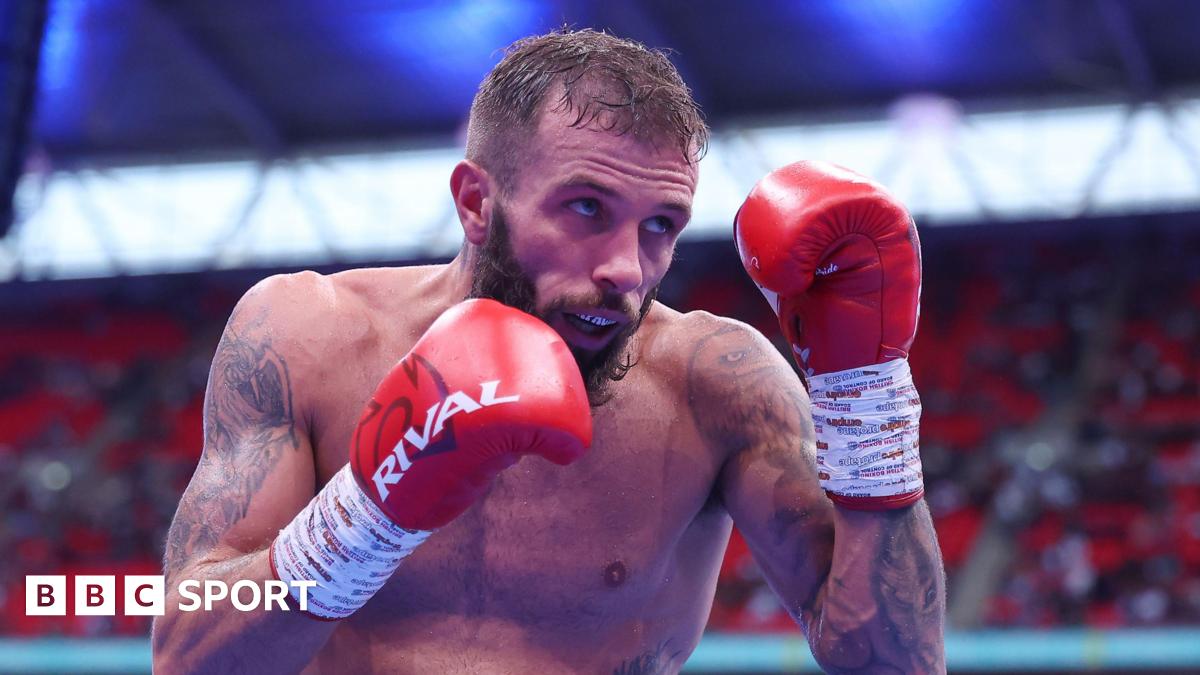
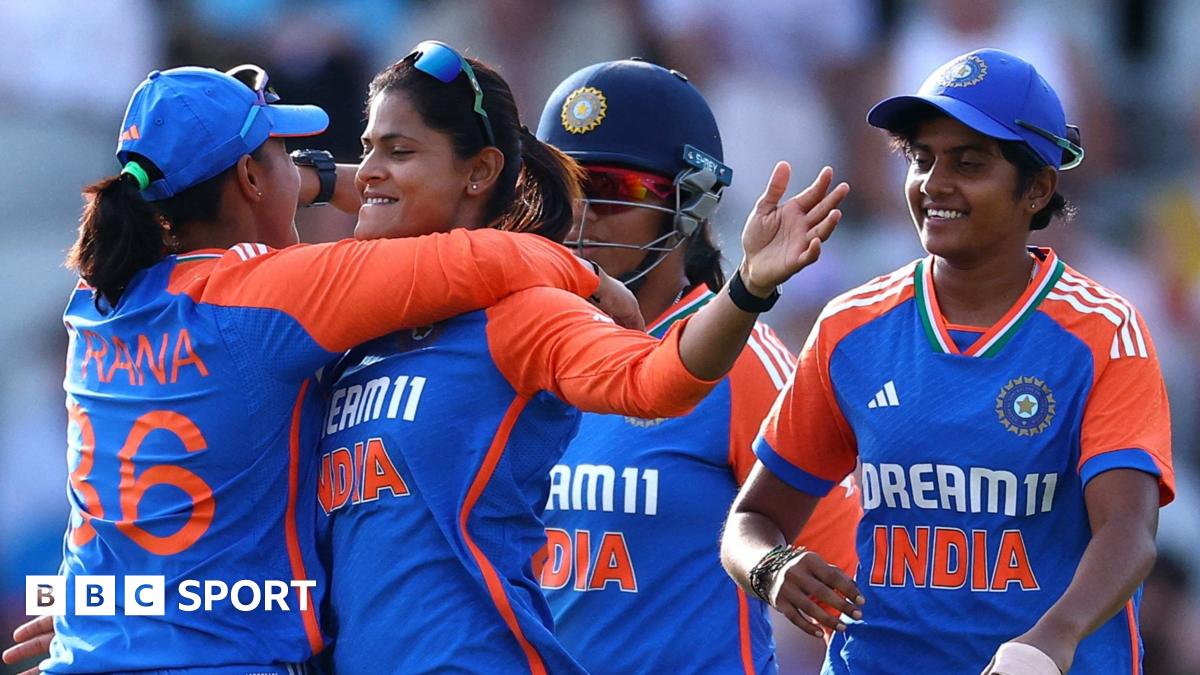
 English (US) ·
English (US) ·